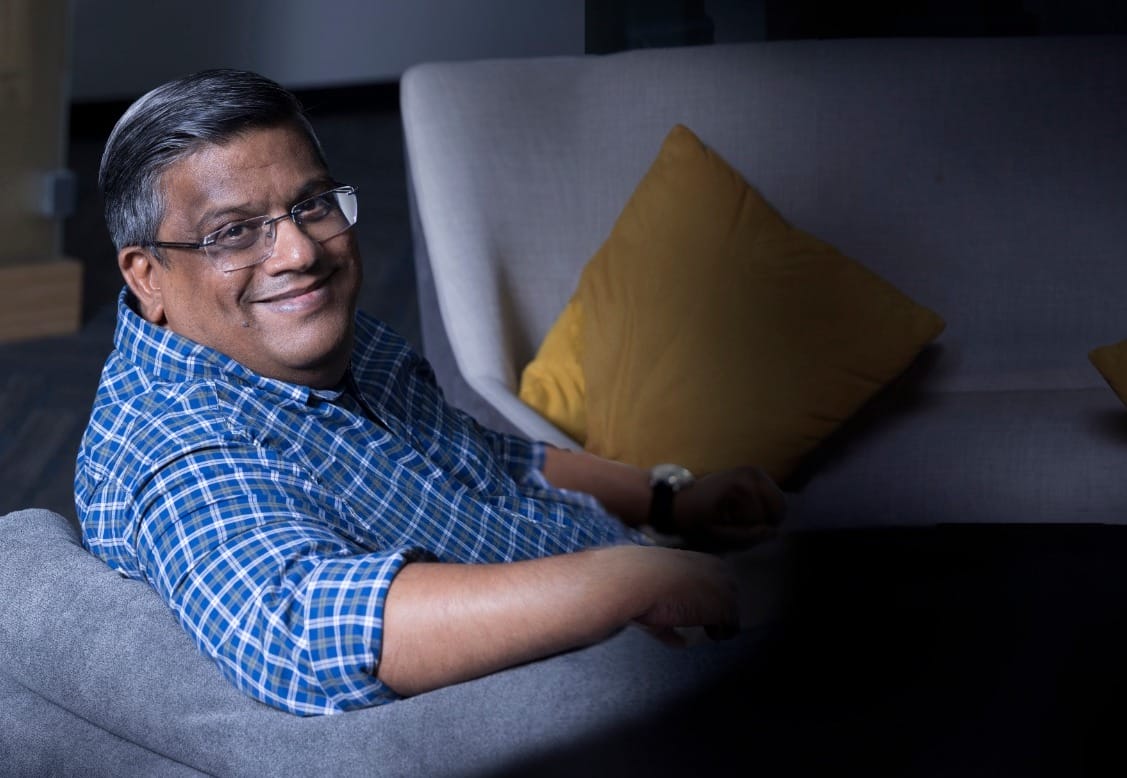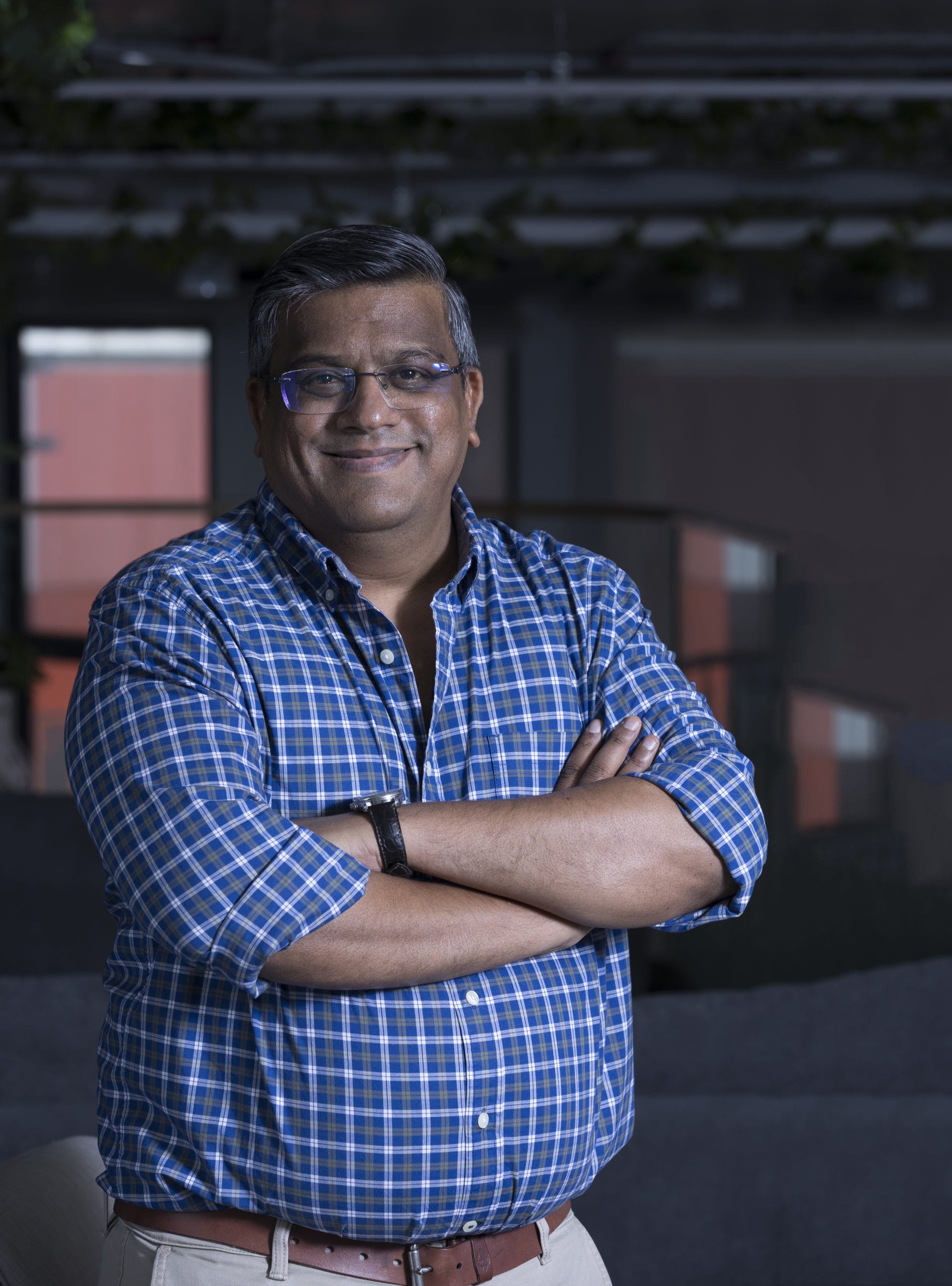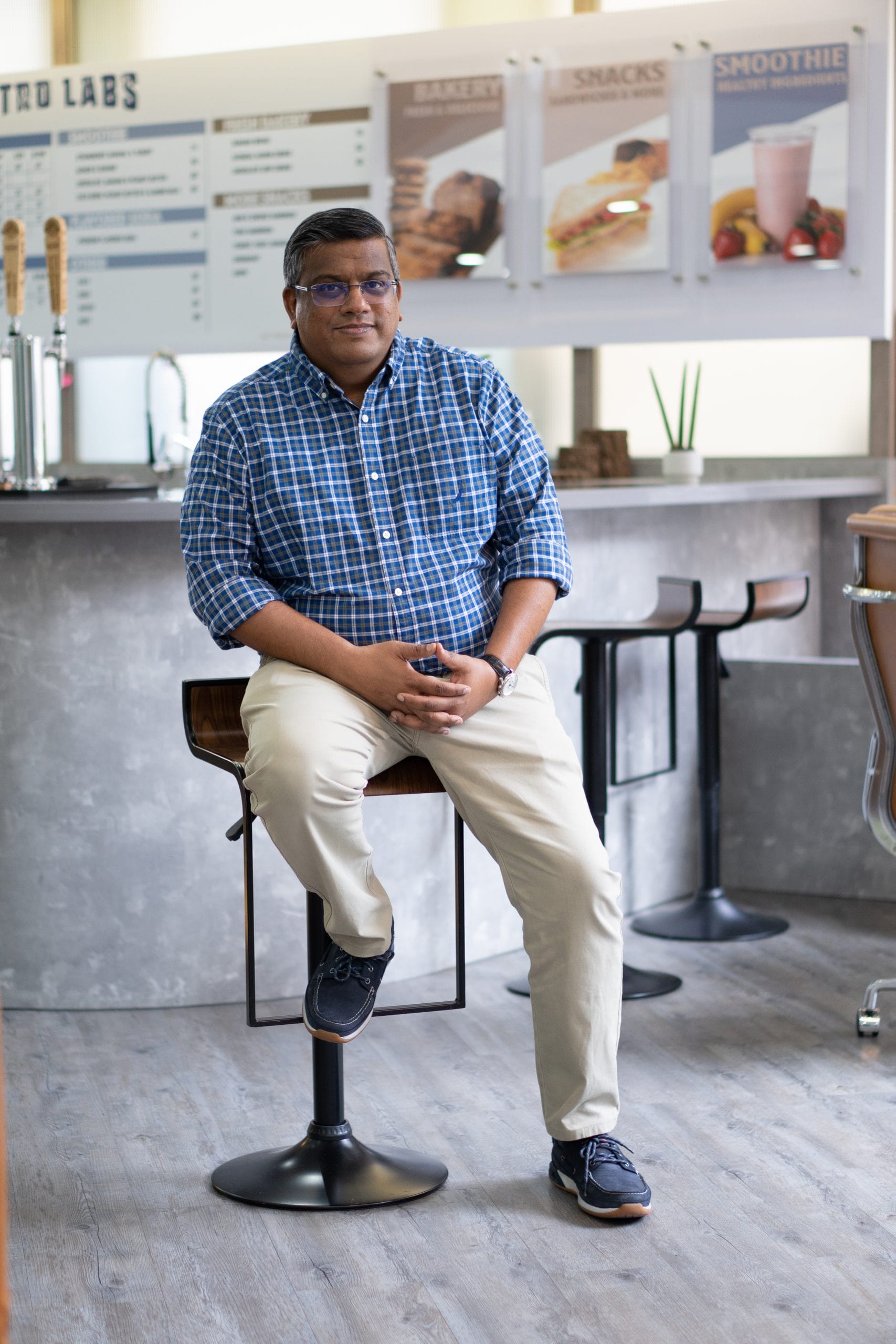Discover how he and his team got a taste of success.
By Ashima Sethi
As someone who has lived in Bangkok for the majority of her life, I’ve grown familiar and fond of the culture of eating out. Whether it’s sitting at home with the family before my mum chimes in with a “should we go out for something easy?” or having one of my colleagues suggest dinner on a whim after work, spending afternoons or evenings chatting over a meal is a staple part of the lifestyle here in The City of Angels.
Now, as the years have gone by, diners have been introduced to a plethora of applications that can help them decide on where, when, and what to eat, ranging from reservation-based apps to secure spots at popular fine dining restaurants to platforms targeted at group outings. However, one of the most memorable applications to be introduced, and one that I, personally, use the most is Eatigo, which was established to aid both restaurants and diners by offering time-based discounts of up to 50 percent.
Established in 2013, Eatigo has grown immensely since its conception and now has a presence in Thailand, Singapore, Malaysia, Hong Kong, India, The Philippines, Indonesia and Korea with more destinations in the pipeline. So how did a startup become the top online reservation network in Asia with millions of members across the region? To better understand the intricacies of the business, Masala sat down with Siddhanta Kothari, the charismatic Co-Founder and Group COO, who shares his journey into the business and how he and his team managed to get a taste of success in the ultra-competitive world of startups.
Let’s begin with a little bit about you and your professional journey before establishing Eatigo.
I was born in a small town in Madhya Pradesh called Nagda, which was home to Factories of Grasim Industries owned by the Birla Group. I finished high school at the school of the township, graduated in Ahmedabad, and then moved to Mumbai to qualify as a charteredaccountant. After that I joined the Birla Group where I worked in a cement factory in a very small town, essentially in the middle of the jungle, so imagine going from Mumbai to the middle of nowhere – it was a big shock! [Laughs]
In 2001, I moved to Purwakarta, Indonesia, to manage the finances for one of their factories. I stayed for six years before I bid goodbye to Birla Group and joined Olam. Although it was a commodities trading company headquartered in Singapore, I moved to Vietnam to manage the finances for all of their Vietnamese operations and just as I was settling in, I received an offer to join Millicom. Back then, telecom was considered the industry to be in, so I took up the offer and moved to Laos. After four years, the company changed ownership and I was given the role of CFO, managing the finances of Laos, Cambodia, and Vietnam. I then moved back to Vietnam for a year, after which they began selling operations so I became CEO for Cambodia.
After a year, I decided to leave the company because they were going to sell off operations again and our current CEO Michael and I decided to move to the Caribbean islands to join a telecom operator there. At first I was hired to oversee operations in Haiti, but after a month I was moved to Trinidad & Tobago. Although it was relatively safe and of course very beautiful, at a certain point life gets boring because it is an island and home was very far away. So, Michael and I decided to leave, we ended up moving back to Asia and that’s when we started Eatigo.
Was entrepreneurship something you were always interested in, or was it something you wanted to venture in as your career progressed?
When I was growing up in the 70s, the world was divided into business people and service people, the concept of entrepreneurship did not necessarily exist. Even big names like Amazon didn’t see their business take off until the ‘90s, so India was particularly far from the world of tech startups. I come from a service-background family, so the epitome of success was viewed as becoming a CFO or president of a good company, or securing work in banking or consultancy. The start of my journey was no different, it took me through various industries and each place provided a great learning ground for me.
Michael, another one of our co-founders Judy who was based in Singapore, and I, already had experience working together when we decided to jump into entrepreneurship. We had spent years managing businesses worth billions of dollars and we felt like we could start something of our own. We were all over 40 when we started our startup journey, and in this field that’s supposed to be deadlocks! But we realised we could see business in a way that young people couldn’t because of our experience, we had the benefit of knowing how scaling happens because it isn’t just about getting the customers or managing supplies, it covers everything from growing the team to sustaining growth.
How did you conceptualise Eatigo?
In 2012, Michael and I had an idea to tap into the telecom industry in Myanmar because we had connections there. However, before we made it out there, Michael got a call from one of our friends who had this website called ‘Restaurants of Bangkok’ but they did not know what to do with it and wanted us to take a look. So, we came to Bangkok spur of the moment where we realised that the website functioned more like a directory, and if it was to become a business, it needed to be transactional. We then started exploring the market and we identified that people love discounts in Thailand, and that merchants hated discounts but they hated empty seats even more. So we thought: how can we marry the two concepts? That’s where the idea of yielding came to us.
This is common practice in certain industries, for example in tourism, as prices for flights and hotels fluctuate with demand. However, this wasn’t being applied to the restaurant business and these businesses actually have peak and off-peak demand twice a day. If you look at capacity utilisation, restaurants average at 35 percent in comparison to airlines and hotels at 80 percent. So we identified this gap. We figured it would be beneficial for restaurants to sell off-peak seats for a cheaper price to potentially generate more profit. We could shape restaurant traffic, and therefore increase capacity utilisation. We recognised that there was a need, although not a very obvious one, so we married together the requirements for users to get discounts and the need for merchants to get additional table turns and Eatigo was born.
What were some of the challenges you faced building the business from scratch?
From day one our journey has involved many challenges. Demand- based pricing in the restaurant market was very uncommon soconceptualising the product and finding the right product market fit was our first big challenge. Then making sure our merchants understood yielding and our concept, it took us time to recruit the right people, and we had to manage funds as well because we took a conscious decision to launch two countries at the same time, Thailand and Singapore.
Countries like Singapore, Korea, Hong Kong are super developed and back then they had fully embraced things like eCommerce and mobile applications, but this had yet to happen in Thailand. It was still a cash- driven economy. That economy versus this one was totally different, so we wanted to launch in both places to understand what the right product market fit was, but of course, it added to cost. Beyond this, ensuring our company’s legal structure would be sustainable towards our end goal was also a challenge.
In contrast, what milestones were memorable in your journey towards growing Eatigo?
Every day there is a new milestone and a new achievement. However, we will never forget the first day we received a contract from a merchant. Same goes for the day we won Startup of the Year at a Tech in Asia event, when people started to recognise the Eatigo brand, and seeing our concept benefitting our merchants. I remember at the beginning, we began organising annual company trips where we do team-building, and the first year it was so difficult to find a room that was small enough for our team of 35. The last trip we took, we had the problem of finding a room that was big enough because we’re a team of about 300 now, so when you see how far we’ve been able to take the business, it is a big achievement. A piece of advice I have for all entrepreneurs, however, is don’t wait to celebrate the big achievements. All small things are worth being proud of, and they offer such good pleasure every day!
What sets Eatigo apart from ‘competing’ applications in the dining scene?
When we launched, each destination had several small players doing things like restaurant reservation and discounts, however there was no large player across the region, so we were the first to consolidate the market. This is one of the philosophies we’ve always had at Eatigo. We’re not just going to go to one market and putting a flag down, we wanted to become the dominant player.
The restaurant industry took a huge hit during the pandemic, how did you navigate this difficult time?
When dining was banned our business was zero. We began expanding into a delivery concept that was also centred on time-based discounts, but we didn’t have the cash to invest in commercialisation or marketing of the product. We also took a conscious decision not to fire anyone so we had to take some harsh steps like salary cuts. However, we had amazing support from our staff who agreed it was better for everyone to collectively take a salary cut then see people let go. We realised during this time that employees genuinely love Eatigo and that’s why I’ve always said it is important to focus on transparency and the culture of a workplace. When people are happy, they will give their best, and this is the culture that we have developed.
Now that things are settling, how are you hoping to grow the business in the near future?
Now that restrictions are easing, we have seen a resurgence in consumers, and our traffic is back to about 70-80 percent compared to pre-COVID. At the moment, we are currently looking for investors who can fund our growth, we are continuously building up our inventory of restaurants which we understand will take some time, we have conceptualised our delivery product so we want to market that as well, and we have some exciting partnerships coming up.
What other pieces of advice can you offer people venturing into startups?
- Never do the journey alone. Our strength from the beginning is that we are four co-founders, and we all complement each other. Michael looks over strategy and business development; Judy has invaluable skills in administration and team building; I have the skill set of operations and finance; and Pumin is very strong in marketing and product development. Rather than looking for a good friend, look for people who will fill the gaps, you cannot be a master of all trades.
- Know your end game. A question I continue to ask myself every day is where do we see the company at the end? For some it’s bringing share prices up or creating something with social benefit, but know what your goal is from the beginning and don’t lose focus.
- Don’t be afraid to make mistakes, because that is where you learn. Failure shouldn’t distract you from your final goal. Make the mistake, take it on the chin, get up and keep going. The only thing you need to be afraid of is making the same mistake twice.
- A good idea is not always good enough. Execution is the key, not the idea. From day one of the journey, you should always have a focus on monetisation and strive to make the business self-sustaining as investors only pay for growth beyond a certain point.








